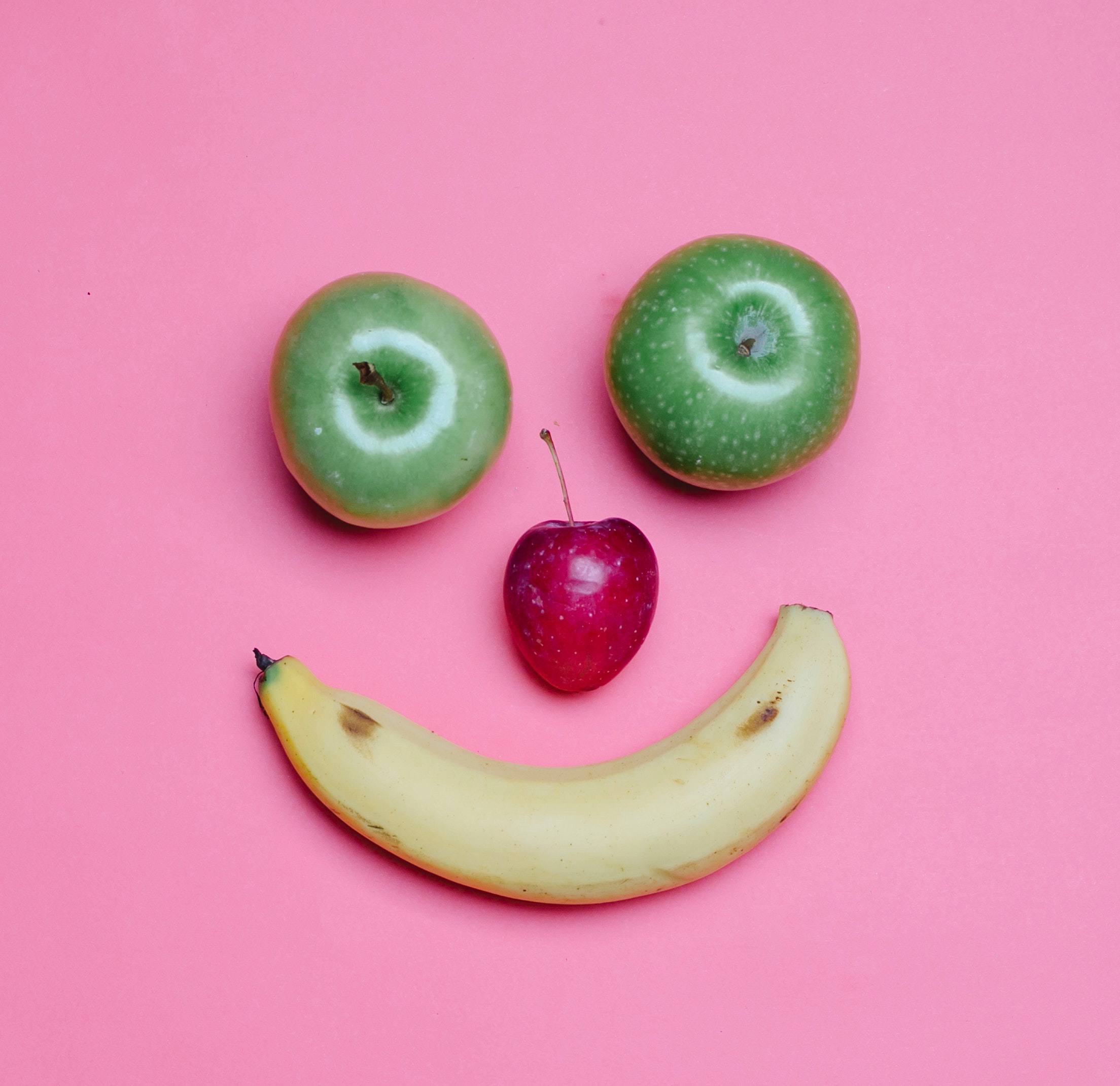
Context
Obesity and overweight are widespread diseases in many countries. Accordingly, health intervention programs have been devised to promote better eating, such as the Let’s Move campaign led by Michelle Obama in 2010. These programs are often based on cognitive approaches, so that consumers analyze their eating habits and decide to change them because of logical and practical reasons and let go of emotions that stand in the way of better eating.
In this context, programs for better eating often depict humans as machines, based on the popular assumption that decision-making relies on cognitive drivers for machines, while it is also based on affective drivers for humans. Therefore, “human-as-machine” representations should incite people to rely on cognition to make healthier food choices.
However, changing one’s eating habits requires strong will and persistence. Consequently, the belief in one’s ability to engage in this change (self-efficacy) is key to success. Health programs may not trigger the same outcomes depending on the consumer’s level of self-confidence and expectations. That is why the authors chose to include self-efficacy in their analysis.
Research questions
However, the effects of the “human-as-machine” representations on consumer behavior have not been studied yet. That is why Weihrauch and Huang address this issue through 3 research questions:
1) Does representing humans as machines indeed encourage healthier choices?
2) Might there be heterogeneity in how consumers respond to these stimuli?
3) What psychological processes drive these effects?
Method
Through 5 quantitative studies (excluding 3 follow-up studies), the authors either measure or manipulate self-efficacy, and evaluate the effects of different health campaign scenarios (featuring a “human-as-machine” representation or human representation or machine representation or control group) on consumer snack choices.
As a compensation for their time, consumers were entered in a lottery for 9$ worth of coupons.
Results
This research shows that:
– there is a dark side to using human-as-machine representations in programs for better eating, since these representations may help individuals with high self-efficacy make healthier food choices, but discourage people with low self-efficacy
– representations have an impact on the way people feel they are expected to choose their snacks. For instance, human-as-machine representations increase the expectation to make food choices using a cognitive approach compared to machine representations.
– intervention to increase self-efficacy, by adding to the program a message that makes picking healthier food choices seem doable, can lead to healthier choices for all consumers
Why is this article relevant for researchers?
This research contributes to:
– the literature on food self-efficacy: it shows how self-efficacy affects food choices, but it also shows how it can be manipulated to lead to better eating habits,
– the literature on anthropomorphism and dehumanization: it shows that “human-as-machine” representations suggest that decision-making should be made using a cognitive approach, but they constitute a double-sided strategy. On the one hand, they contribute to anthropomorphize machines, and entice individuals with a high self-efficacy to make healthier food choices. On the other hand, they also contribute to dehumanize humans, and dissuade individuals with a low self-efficacy from making food choices with their head.
Why is this article relevant for professionals?
This article is highly helpful for:
– devising more convincing programs for better eating,
– devising more convincing campaigns for healthy snacks.
It gives new insight on how to put to good use “human-as-machine” representations in such projects. It notably sheds new light on the dark side of these representations.
Fortunately, the authors also provide professionals with tools to alleviate the backfiring effect of human-as-machine representations on individuals with low self-efficacy: campaigns should feature messages that make the task seem more doable. For instance, in their program for better eating launched in 2019, Santé Publique France advertised “start by improving a dish you already like” (in French: “commencez par améliorer un plat que vous aimez déjà”).
